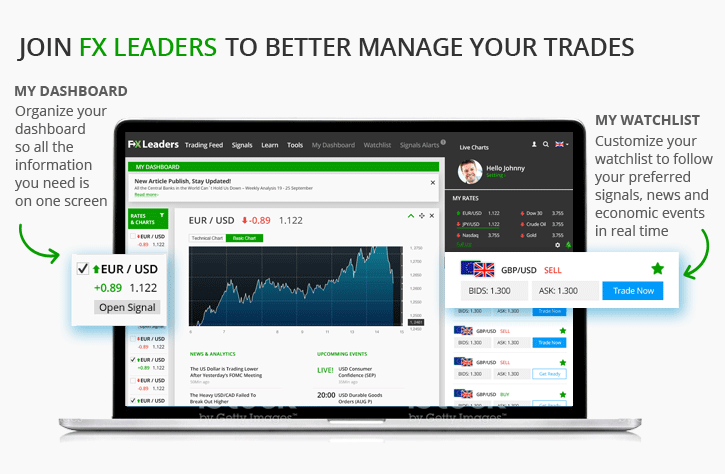Forex Risk Management
Last Update: June 15th, 2020
In Forex trading, Forex risk management can be the lifeline that separates you from life or death. If you don’t have the right risk management you could fail even if you have the best trading system in the world.
Forex risk management is a sequence of ideas that help manage your trading risk. Knowing certain hours and days to trade, controlling leverage, limiting trade lot size, hedging and knowing when to take losses.
Why is Forex Risk Management Important?
In order to survive as a Forex trader, you’ll have to understand that risk management is an important concept. It’s not always easy to apply the concept, but it’s easy to understand it. In the industry, Forex brokers discuss the benefits of using leverage and keeping the focus off the drawbacks. Because of this talk, traders think that they should be taking large risks in order to reach large success and earns.
In the demo accounts it seems to be easy, but once real money is concern and emotions involved, things change. This is the exact point in which Forex risk management is significant.
Controlling Losses
Controlling your losses is one way of Forex risk management. Controlling the losses means knowing when to cut your losses on a trade using a hard stop or mental stop. A hard stop is when launching your trade you set your stop to a certain level. A mental stop is to limit the pressure or drawdown you will take for the trade.
The challenge is to know where to set the stop loss and the main thing is to limit your risk on a trade in a way that’s logical to you. Once you decide on the stop loss, be persistent with it. If you fall into the hobby of pushing your stop loss farther and farther away then you’re not controlling your losses productively and it will not come through in the end.
Using Correct Lot Sizes
Sometimes, brokers will want to make you think that it’s beneficial to use 100% of the money you put in your account because it will give you the best leverage for your money. For example, you put 200$ on 200:1 leverage and you can double your money in just one trade if you win. The truth is – there’s no magic trick.
For beginners, the best Forex risk management is to start small and limit your lot size to a minimum. Starting with a small lot size is making sure that your risk is manageable and you can logically approach the trade without fear of emotions that concern when risking a large sum of money.
Tracking Overall Exposure
So we settled on reducing the lot size, but that doesn’t mean you need to open many lots all at once. It’s very important to understand the relationships between the currency pairs. For example, if you go short on EUR/USD and long on USD/CHF, you are playing the USD in the same direction two times. It equals to trading long 2 lots of USD. Now, you’re risking your lose by double if the USD goes down. Forex risk management is about keeping your overall exposure limited in order to reduce your risk. In the long run, this will keep you in the game.
The Bottom Line
Forex risk management is about controlling your risk while trading the market. Once you know how to keep your risk at bay you can be more flexible when you need to. When opportunities arise in the market, traders need to know how to react. When things don’t go so well, you need to be ready and limiting your risks is the way to go. If you want to become a professional trader you have to use proper risk management, otherwise, you’ll be left behind.
• Read more about Forex tips



